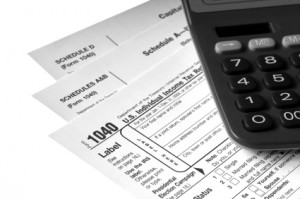
Yes, it’s December 17th, 2014, and the bipartisan tax legislation that has been sitting in the laps of the U.S. House and Senate for months now has FINALLY been signed, and is headed to the President for signature.
I’m actually really upset and annoyed that it took our government this long to extend the Mortgage Debt Forgiveness Act for another year, and it was only written to be extended for 2014.
I’ve had clients who short sold a home due to various hardships in 2014 who have been sick with anxiety over the potential tax bill that they believed awaited them. It will be a bit of a Christmas miracle for them, but this should have been approved months ago in this Realtor’s opinion.
If Congress had failed to act on the renewal of the tax breaks for 2014, any mortgage forgiveness achieved in a short sale would have been counted as income for homeowners whose banks allowed to them sell their homes for less than the amount of their mortgage. For those not familiar, short sales are generally granted only to those who have had a serious financial hardship in the last year. A short sale allows the homeowner to avoid foreclosure, and usually allows the mortgage lender to recoup more money than they would if the home went to foreclosure auction.
The average short sale has a mortgage forgiveness of about $75,000, so many homeowners were facing quite hefty tax bills.
There have been more than 170,000 short sales in the first three quarters of 2014, with a total mortgage debt forgiveness of approximately $8.1 billion. Although these numbers are down from prior years, I don’t expect that in 2015 we won’t need similar legislation, as there are still many underwater homeowners out there.
Unless Congress takes up the measure again next year, anyone who sells a home in a short sale on or after Jan. 1 would be expected to report the forgiven debt as income on 2015 tax returns. Experts are skeptical and feel the Act may not be renewed for 2015 as Democrats turn over control of the Senate to the Republicans.


Leave a Reply